President's Rule in Indian States: A Study of Punjab
Synopsis
The imposition of President's rule, at the State level, under Article 356 of the Constitution, is one of the major irritants in the working of Centre-State relations. It can not be claimed that this provision has always been used wisely or honestly to remove a State Ministry. The Article has on occasions been invoked to serve party ends. The hypothesis, here is that the Union Government, like all other State Governments, being a party Government is not altruistic for success in the political arena. Since the coming into force of the Constitution on January 26, 1950, President's rule has been promulgated 75 times in 23 states till May 1990. Punjab was the first state in the Union where President's rule was necessitated within two years of the commencement of the Constitution. Imposition of President's rule eight times in Punjab, forms the mainstay of the present work. The investigation of all the eight occasions has revealed that there was no major difference between the performance of the popular ministries and the President's rule. In fact, the imposition of President's rule in 1983, and 1987 with the avowed aim of bring in peace, rather proved counter-productive. It widened the gulf between Punjab and India, Hindu & Sikh, national and regional parties etc. There was also increase in violence which it was intended to check. The seventh spell of President's rule (1983-85) law -Operation Bluestar; revival of historic Sikh institutions like the Sarbat Khalsa; assassination of the then Prime Minister, Mrs. Indira Gandhi, and the November 1984 riots etc. The eighth spell (1987 to the present) has been the period in which militancy and separatism have taken root and use of AK-47s, AK-74s, AK-94s, rockets, landmines and bombs has become common. Obviously, President's rule is not a remedy in itself. It only gives time for the Government, political parties and the people to strive for a lasting solution to the problem. It must by its nature be purely transitional. It is intended to bring about a smooth, legal, constitutional and peaceful change of government from one party to another, one group to another, and one individual to another. It is no doubt an effective instrument, which can prove useful only if it is operated with restraint and noble motive.
Read more
22.50
20.25
$
25.00 $
Free delivery Wolrdwidе in 10-18 days
Ships in 1-2 days from New Delhi
Membership for 1 Year $35.00
Get it now and save 10%
Get it now and save 10%
BECOME A MEMBER
Books by the same author

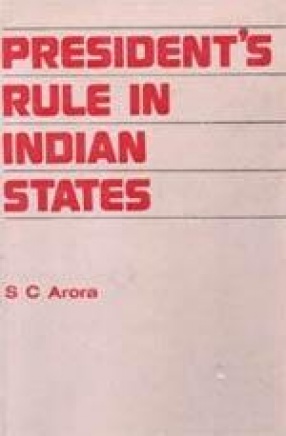
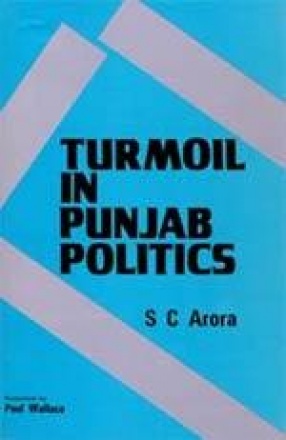
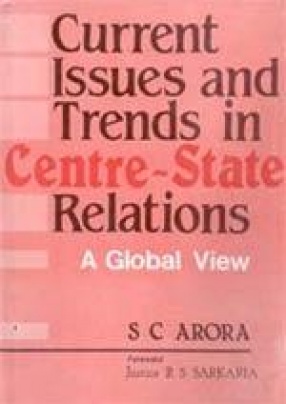
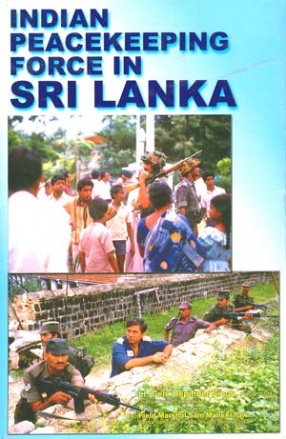
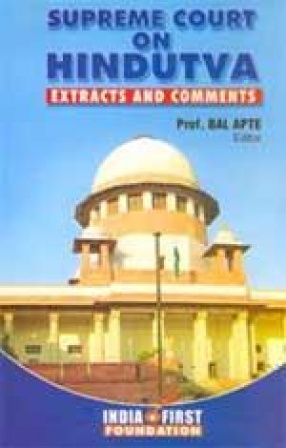



Bibliographic information